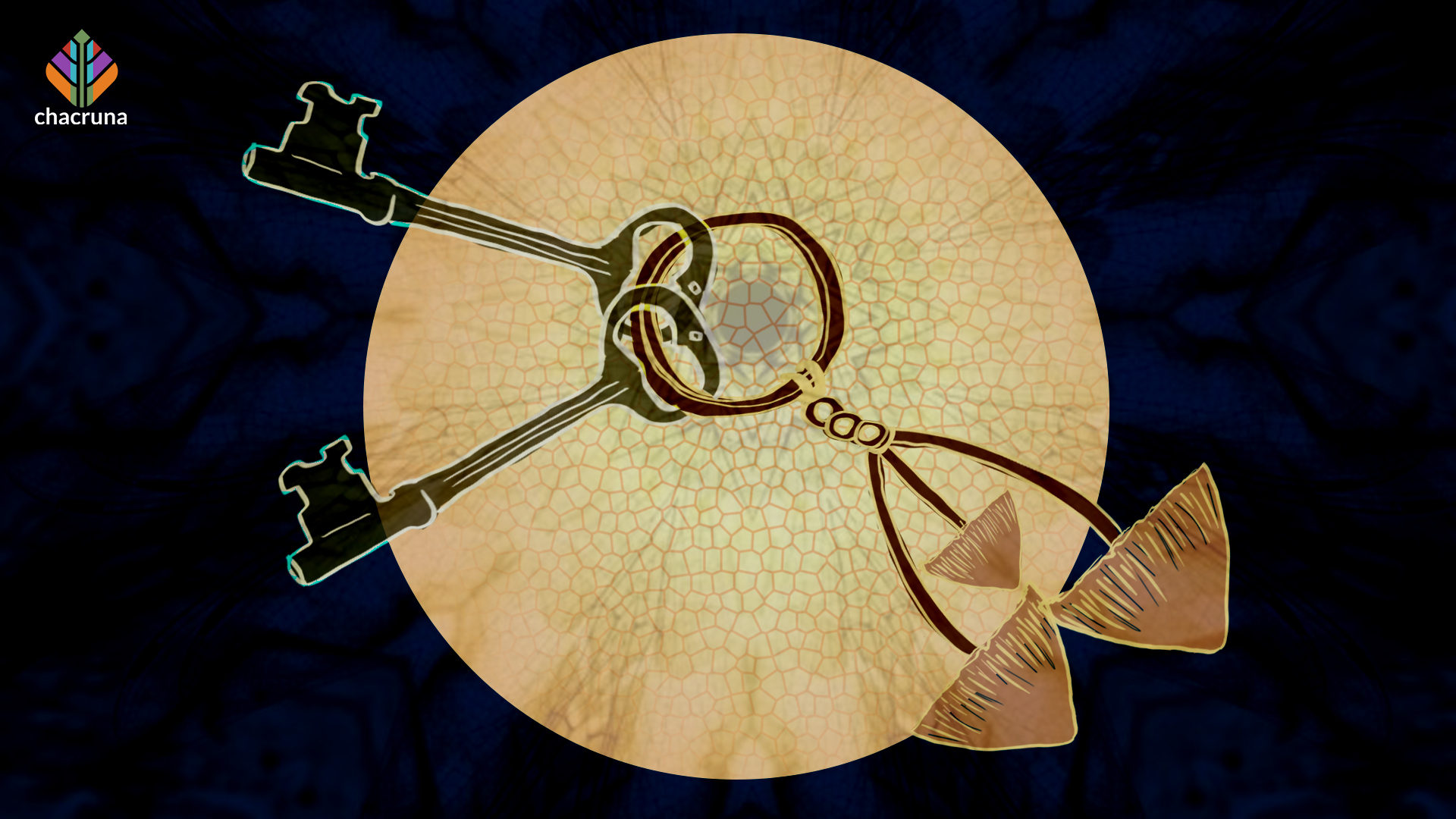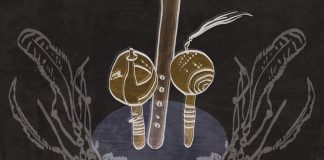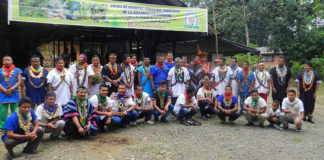Niños Santos, Psilocybin Mushrooms and the Psychedelic Renaissance
https://youtu.be/HYaLbZSRwho
Inti: . Thank you very much for the invitation. What we will present here is drawn from discussions we have been having in the...
A Collective Call for Accountability in Plant Medicine Experiences
https://youtu.be/wWFdIgqhYgc
https://youtu.be/UQSXN3Tk6Ew
https://youtu.be/vziDekshhhc
Plant medicine practices in the West have mostly been used for personal healing, empowerment or self-actualization. However, in Indigenous settings, these practices have been...
Considerations for Psychedelic Therapists when Working with Native American People and...
Introduction: Native American’s World View
Growing up on the Diné (Navajo) reservation, I now realize it provided me with insights that I often overlook as...
The Guardians of Amazonian Forests in Defense of Life
Good afternoon to all of you who are listening to this debate at the Psychedelic Liberty Summit. I want to thank my dear friend...
Guidelines for Inclusion of Indigenous People into Psychedelic Science Conferences
Purpose
To provide guidance for organizations, conference organizers, and sponsors on the inclusion of Indigenous people and communities into psychedelic science events, such as conferences,...
Native American Statement Regarding Decriminalization of Peyote
Statement from National Council of Native American Churches and the Indigenous Peyote Conservation Initiative regarding Decriminalization of Sacred Plants Ordinances at the City or...
Declaration of the 3rd Brazilian Indigenous Conference on Ayahuasca
We, representatives of the Indigenous
Peoples of the Juruá Valley—Apolima-Arara, Ashaninka, Huni Kuin, Jaminawa,
Jaminawa-Arara, Kuntanawa, Nukini, Puyanawa, Shanenawa, Yawanawá and Shawãdawa,
Noke Koi—assembled at the Third...
Declaration of the 2nd Brazilian Indigenous Conference on Ayahuasca
We, representatives of the
Indigenous Peoples of the Juruá, Envira and Tarauacá—Ashaninka, Huni Kuin,
Madija, Kuntanawa, Nawa, Noke Koi, Nukini, Puyanawa, Shanenawa, Yawanawá and
Shawãdawa—assembled at the...
Declaration of the 1st Brazilian Indigenous Conference on Ayahuasca
Internal letter of recommendations
We, the representatives of the Indigenous Peoples of
the Juruá Valley — Apolima-Arara, Ashaninka, Huni Kuin, Jaminawa,
Jaminawa-Arara, Kuntanawa, Nawa, Noke Koi, Nukini,...
Declaration from the Spiritual Authorities, Representatives and Indigenous Organizations of the...
Academics, researchers, NGOs, humanitarian and development agencies, the United Nations, the World Intellectual Property Organization (OMPI), students, workers and the international civil society.
We are...














